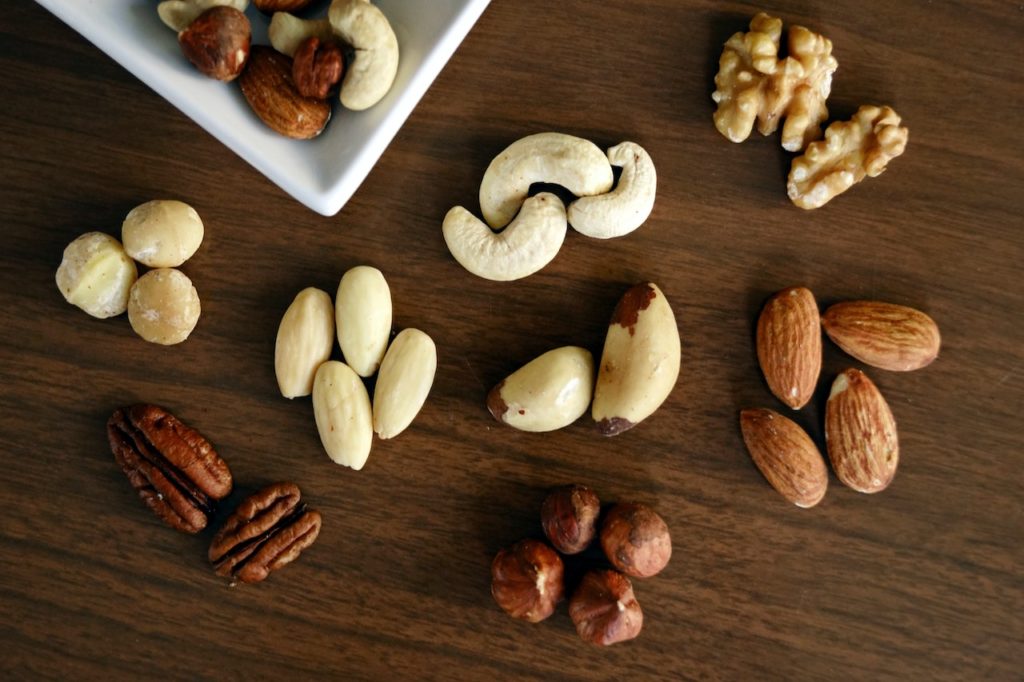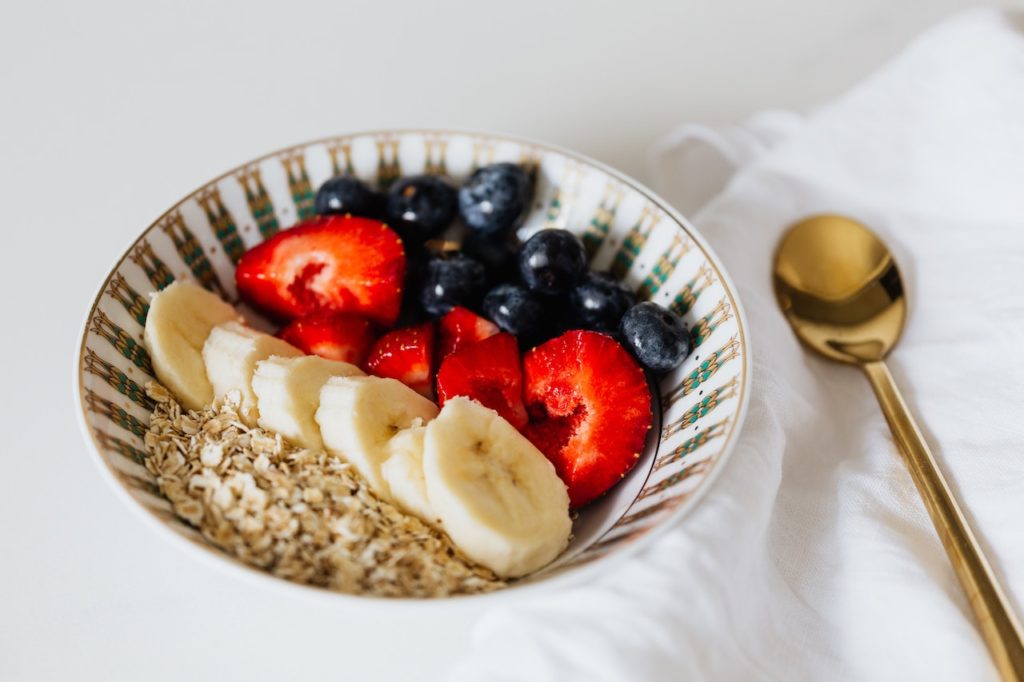

For optimal health and wellness, it is essential to maintain a healthy, balanced diet . A balanced diet ensures that we consume all the essential nutrients in the right amounts, which can help to prevent chronic diseases and promote overall well-being. However, it can be difficult to start given the abundance of contradictory information available, it can be challenging to know where to start. I will explain why a balanced diet is key to optimal health and will provide some simple tips on how to create a balanced diet. Whether you’re a seasoned health nut or just starting on your wellness journey, these tips will help you make informed decisions about what to eat and how to cultivate a sustainable and satisfying diet.
What is a Balanced Diet?
A balanced diet consists of a variety of foods from all the different food groups, including carbohydrates, proteins, and fats. A balanced diet also includes plenty of fruits, vegetables, and whole grains. This article will explain why a balanced diet is key to optimal health and how you can incorporate it into your daily life.
The Importance of a Balanced Diet
A balanced diet is essential for optimal health because it helps maintain a healthy weight, reduces the risk of chronic diseases, and improves immunity. It is also beneficial for maintaining healthy skin, hair, and nails. A balanced diet ensures that our bodies receive enough essential nutrients for optimal growth, development, and functioning.
Maintaining a Healthy Weight
A well-balanced diet that includes a variety of foods from all food groups helps maintain a healthy weight. Consuming excess calories and an unbalanced diet can lead to weight gain and obesity. Eating a wide variety of foods ensures that you’re consuming the nutrients your body needs while not overeating certain foods.
Reduces the Risk of Chronic Diseases
A balanced diet that includes fruits and vegetables, lean protein, and whole grains can reduce the risk of chronic diseases such as diabetes, cancer, and heart disease. Fruits and vegetables are rich in vitamins, minerals, and antioxidants, which neutralize harmful free radicals in the body.
Improved Immunity
A balanced diet that includes plenty of fruits, vegetables, and whole grains can also improve immunity. These types of foods boost the immune system by providing essential nutrients and antioxidants that help protect against diseases and infections.
Tips for a Balanced Diet
Incorporating a balanced diet into your daily life can seem overwhelming, but it’s easier than you think. Here are some tips to help you achieve a balanced diet:
1. Make fruits and vegetables the majority of your dish
Aim to eat a variety of colorful fruits and vegetables for each meal. These foods provide essential vitamins and minerals and fiber, which keeps you full. Fruits and vegetables are an important part of a balanced diet because they are low in calories and high in nutrients. They are rich in vitamins, minerals, fiber, and antioxidants, which all play a crucial role in maintaining good health. Recommended 4-5 servings per day.
Benefits of consuming fruits and vegetables.
- Rich in vitamins and minerals such as vitamin C, vitamin A and potassium and folate.
- Contain antioxidants that help reduce inflammation and prevent damage to cells from free radicals.
- A great source of dietary fiber for maintaining a healthy digestion, regulating blood sugar levels and reducing the risk of heart diseases and cancer.
- Generally low in calories so that you can get a lot of nutrition for relatively few calories.
Note that:
• Variety is Key
• Fresh is Best
• Incorporate Fruits and Vegetables into Every Meal




2. Include lean protein in each meal
Protein is an essential nutrient for maintaining muscle mass and a healthy immune system. However, it is important to choose lean protein sources that are low in saturated fat and cholesterol. Recommended 6 or less servings per day.
Benefits for consuming lean proteins:
- Muscle health: By consuming adequate amounts lean proteins can help maintain muscle mass and prevent muscle loss
- Weight management: Promoting a feeling of fullness and reducing calorie intake.
- Nutrient-Dense
Examples of lean protein sources:
• Skinless chicken or turkey breast
• Fish
• Beans and legumes
• Nuts and seeds
• Tofu
Here are some ideas for incorporating protein into every meal:
Breakfast: Eggs or egg whites, Greek yogurt, protein smoothies with protein powder
Lunch: Grilled chicken or turkey breast, tuna or salmon salad, legumes like chickpeas or lentils
Dinner: Grilled fish or seafood, lean ground turkey or beef in chili or spaghetti sauce, grilled chicken or turkey
Snacks: Almonds or other nuts, protein bars or granola bars, Greek yogurt, low-fat cheese




3. Select whole grains instead of processed carbs
Whole grains are a great source of fiber, which can help to regulate blood sugar levels and promote satiety. Additionally they include a lot of vitamins and minerals, including magnesium, iron and B vitamins. Recommended 3-5 servings per day.
Benefits for consuming whole grains:
- Nutrient-Dense
- A great source of dietary fibers.
- Help lower the risk of heart diseases.
Examples of whole grain sources include:
• Brown rice
• Quinoa
• Whole grain breads and cereals
• Oats




4. Avoid processed foods
Processed foods are often high in added sugars, sodium, and unhealthy fats, which can contribute to a range of health problems including weight gain, heart disease, and diabetes
Understanding Added Sugars: Added sugars are sugars and syrups that are incorporated processed and prepared foods or drinks. These sugars can be found in many processed foods, including soft drinks, sugary cereals, chips, and cookies. The American Heart Association advices consuming no more than 6 percent of your total daily caloric intake as added sugar.
Limiting Processed Foods: Limiting processed foods is one of the best ways to reduce your intake of added sugars. Processed foods are foods that have been altered from their natural state and often have artificial ingredients added to them.
Some tips for limiting processed foods in your diet:
- Cook at home: By cooking at home, you can have more control over the ingredients that go into your meals and avoid the added sugars and preservatives found in many processed foods.
- Read labels: When buying packaged foods, read the labels carefully and look for foods that are low in added sugars and have simple, natural ingredients.
- Focus on whole foods: Choose whole, unprocessed foods like fruits, vegetables, lean proteins, and whole grains. These foods are naturally low in added sugars and provide a range of essential nutrients.
- Limit sugary drinks: Sugary drinks like soda, energy drinks, and sports drinks are some of the main sources of added sugars in the diet. Choose water, unsweetened tea, or sparkling water instead.
- Snack wisely: Snack on whole foods like nuts, seeds, and fruits instead of processed snacks like chips and cookies.




5. Be mindful of portion sizes and aim to consume water throughout the day to stay hydrated
The amount of water one should consume daily may vary depending on factors such as age, gender, activity level, weight, and climate. As a general guideline, adults should aim to consume about 11.5 cups (2.7 liters) of fluids a day, with approximately 20% of daily fluid intake derived from food sources.
In terms of how to consume water daily, the most straightforward approach is to drink plain water throughout the day, rather than waiting until you feel thirsty.
If you are having trouble consuming enough water, here are some tips to help increase your intake:
- Carry a water bottle with you throughout the day as a reminder to drink water.
- Infuse your water with lemon or other fruits to add flavor.
- Eat foods with high water content, such as fruits and vegetables.
- Make it a habit to drink a glass of water at specific times throughout the day, such as before meals or when waking up in the morning.




In conclusion, a balanced diet is essential for optimal health, maintaining a healthy weight, reducing the risk of chronic diseases, and improved immunity. Aim for a variety of foods from all food groups, including fruits and vegetables, lean proteins, and whole grains. Making these choices can be challenging at times, but the rewards are incredible. I hope that this content inspires and encourages others to prioritize their own health and well-being through the choices they make in their diet and in their lives.
